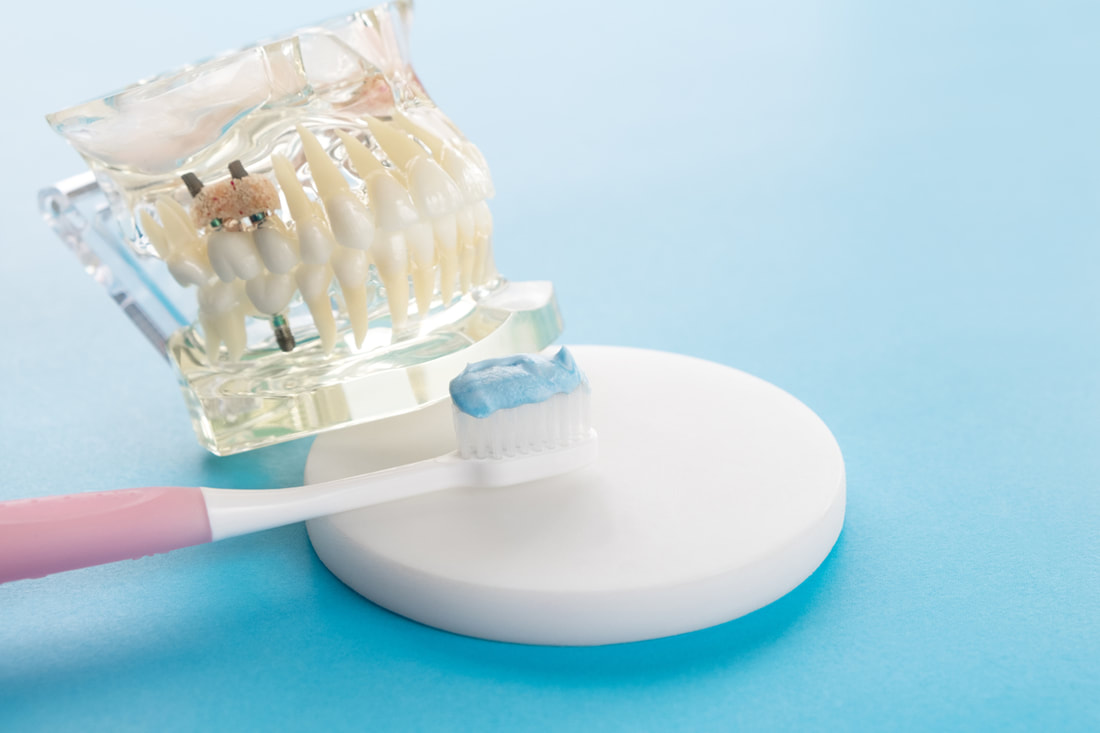Unhealthy Bone Or Gums
If you have periodontal disease, then you really need to stop and treat that first before getting dental implants. It’s possible to then get same-day implants once your gums have healed and recovered, but in general, those with a history of periodontal problems should opt for traditional implant surgery because of higher amounts of bacteria associated with dental infections including abscesses and periodontal disease.
Second, if your alveolar bone structure, which underlies your gums and supports your teeth, is too thin or too weak at points, then you may need bone grafts followed by regular implant placement surgery instead of same-day implants.
The Dangers Of Tobacco
Tobacco use is a major risk factor to developing numerous oral health problems, including gum disease, tooth root cavities followed by tooth loss, oral cancer, tooth staining, mouth lesions and infections that are slow to heal, chronic bad breath (halitosis), and taste derangement.
In spite of all those risks, some who smoke retain good enough oral health for same day implants. That said, there is yet an additional risk that smoking poses here – lack of proper osseo-integration. That means that smoking could slow down or limit the fusing of the implant rod to the bone to a degree. It doesn’t mean the implant won’t be successful, but you need to quit smoking and realize that tobacco use increases the risk of implant failure. Remember that smoking greatly reduces the body response to infection by reducing the peripheral circulation and slowing the white blood cells from responding.
Poor Oral Hygiene
A lack of oral hygiene can also pose a risk. It won’t affect osseointegration like smoking can, but it can lead to what’s called “peri-implantitis.” That is another name for infected and inflamed gums in and around a dental implant rather than around a natural tooth.
There is no extra risk of gum disease near implants versus your original teeth, but either can occur absent regular oral care. The same brushing, flossing, mouth rinse, healthy eating, and other elements of good oral hygiene that help prevent gingivitis and periodontitis also help you avoid peri-implantitis.
Patients With Diabetes
Those who suffer from diabetes experience, on average, a higher implant failure rate (due to lack of full osseo-integration) than the population at large.
It is not entirely clear why diabetics are at a higher risk in this regard, but your periodontist will know how to take extra precautions when placing implants, whether same-day or otherwise, for patients with diabetes. But note that treatment with insulin has been known to reverse impediments to bone fusing and other problems that diabetics are at risk of when getting implants.
Finally, the experience level of the surgeon and the quality of the implants, crowns, or implant supported dentures used, can also affect outcomes. Contact Dr. Raymond A. Kenzik to learn about the benefits of same-day dental implants and how to minimize the risks.
